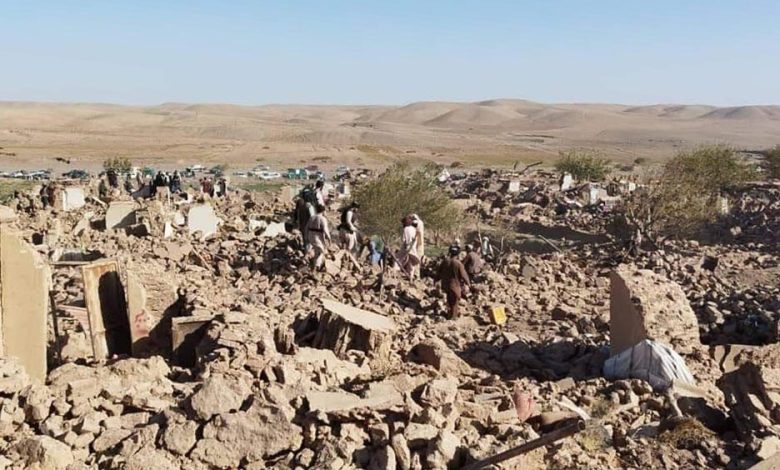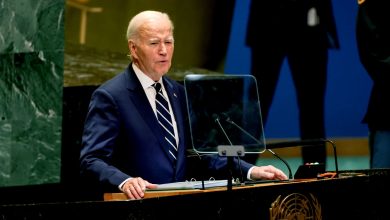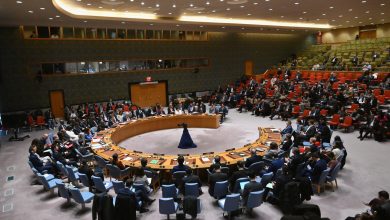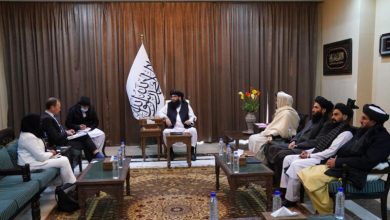
Why was the Herat tragedy overlooked?
Sayed Mahdi Hussaini
Bayan News – The Herat event is a tragic and deeply saddening incident. The search and rescue operation to extract people from under the rubble has been ongoing since yesterday, but the reality is that the limited resources and response to this tragedy seem challenging in the current circumstances.
Local officials initially announced 15 casualties of this earthquake, but today the number has increased to 400 victims, with the possibility of it rising further. The Afghan Red Crescent Society has confirmed 400 casualties today, Monday (October 8), and it is still reported that hundreds of others are injured and receiving medical care.
The epicenter of this earthquake was in the Zinda Jan district of Herat province, and it has severely affected the neighboring districts, with approximately 15 villages reported to be completely destroyed. These districts, including Zinda Jan, are located at a distance from the center of Herat, and therefore, the local facilities are not sufficient to deal with the victims of this event. It is still unclear how many people are still trapped under the rubble.
While the Herat event is undoubtedly tragic, the manifestations of collective emotions, shared grief, and expressions of sympathy demonstrate deep and enduring bonds in this country. However, the reality is that the expression of these emotions on social networks does not alleviate the pain of the tragedy. The victims and affected individuals of this event in western Afghanistan require practical cooperation to prevent further losses.
From two perspectives, it can be said that the humanitarian response to the Herat earthquake victims has been insufficient, and the depth of this tragedy has been largely overlooked.
From an international perspective, the author of this article believes, and perhaps rightly so, that there is a group or organization that does not feel the pain of the Herat tragedy. What has been done in the past two days is merely crocodile tears, for example, the United Nations!
The United Nations Assistance Mission in Afghanistan (UNAMA) announced today that it has dispatched teams to the affected areas to assess and provide tents for the affected individuals, while this organization can take more effective and practical actions based on the needs.
Other humanitarian international organizations have also failed to provide assistance in the past two days or have ceased their activities in recent years due to limitations.
On the domestic front, the Islamic Emirate also lacks the ability and capacity to provide assistance. The current government wants timely aid and services to be provided to the affected individuals, but the reality is that the Islamic Emirate alone cannot provide assistance and currently lacks international acceptance to attract humanitarian international aid as quickly as possible.
The reluctance to intensify humanitarian aid efforts stems from the interim Kabul government, indicating that Afghanistan has become excessively isolated on human rights issues, particularly regarding women and girls.







